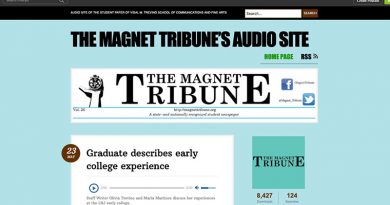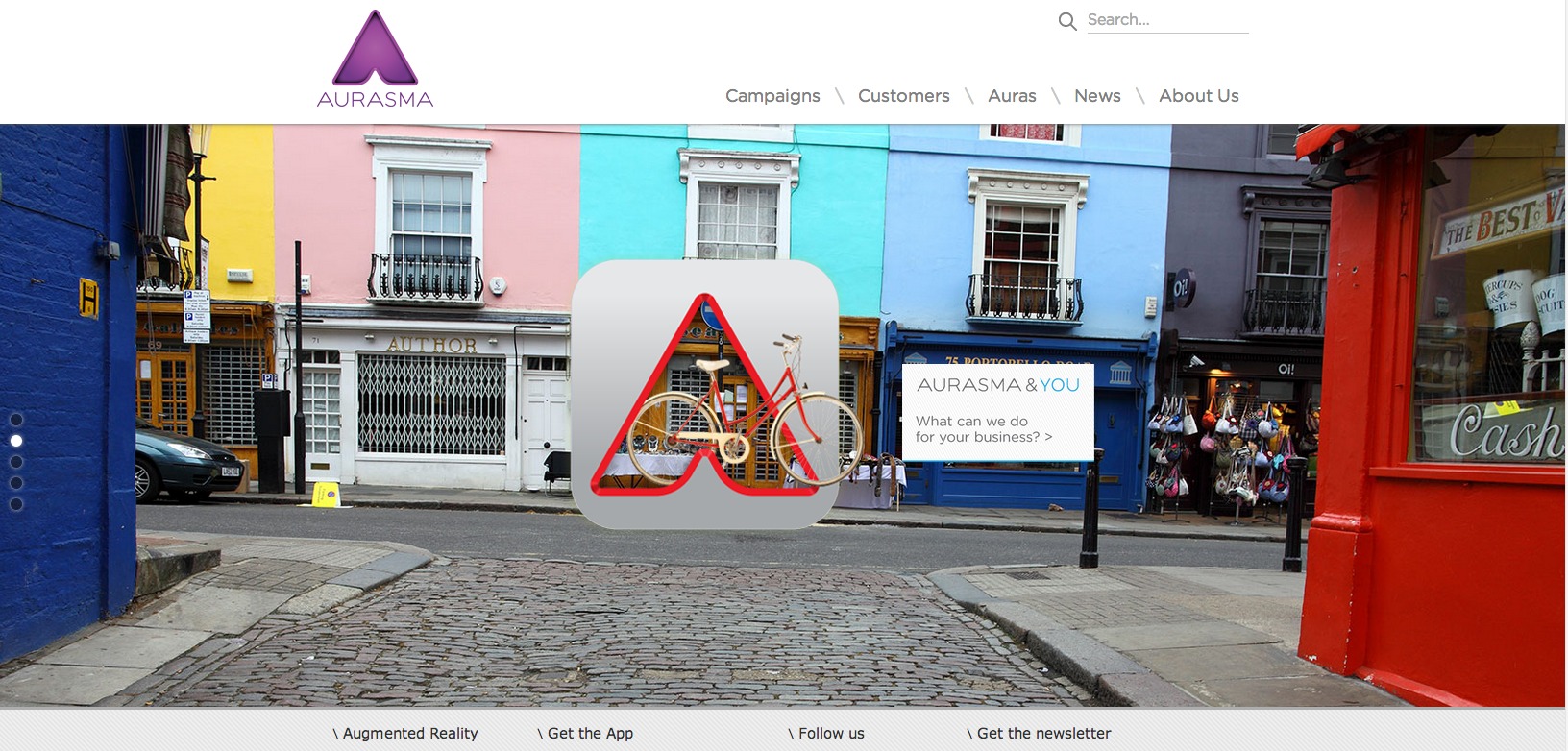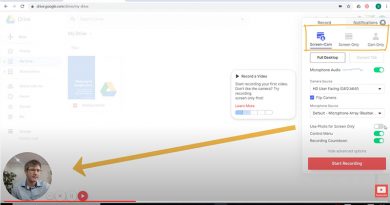Executive News Director speaks to Boise classroom about online journalism
This is a story by Michelle Harmon’s beginning journalism student who “won” first place in a news writing challenge. The piece speaks about understanding that once something is online, it’s there forever.
The NBC-Affiliate in Boise partners with Harmon’s news program through the RTNDF (Radio and Television School-to-Station Connections/Partnership).
The Executive News Director spoke to her class and then he read the stories and commented on them. This is the story he chose for publication.
– – –
The Pursuit of Truth
by Carlee Parsley

“Don’t take anything at face value,” Jim Gilchriest, news director for KTVB said April 19th to a class of journalism students. “Be relentless on your facts, and the search for the objective truth.”
Gilchriest, a living example of the power of online journalism, went to Borah High’s third hour journalism class to explain the muscle of the Internet. “(Online Journalism/the Internet) scares the crap out of me,” Gilchriest said, smiling a bit as he leaned back on the desk on which he sat. “The Internet is forever; you can find anything at the click of a button.”
Gilchriest said he was the focus of a subjective news story run by The Idaho Statesman, and is concerned that the story it ran is now forever available on the Internet. Type ‘Gilchriest’ into a Google search bar and you find hundreds of copies of the story.
“Because once the story ran in the Statesman, the Associated Press got a hold of it. Once it made the AP wire, that story was in every newspaper on the West Coast,” he said.
One of the reasons KTVB’s news director dislikes this article so much is because of the impact it could have on his future. Say he was in the market for a new job. Gone are the days when potential employers call sources and contacts and ask for references. “What if I went in for an interview, and the employers’ really liked me, but they want to double check me. ‘Google him,’ someone will say, and I’m sunk, because all they’ll see is how I’m supposedly trying to kill freedom of speech and freedom of press.”
According to Gilchriest, the article portrays him as a dictator, refusing public access to a private, televised debate. “I was just trying to be fair,” the director explained. “In a previous debate, I had refused to let one of the candidates’ competition in, when they had already advanced to the final debate, and this was their preliminary debate. I was merely doing the same thing; not letting competition in, and no, I didn’t let the Statesman reporter in. It’s not like I was twittling my evil mustache, saying, ‘I’m going to exclude the public, oooo!’”
As Gilchriest wound down and the period ended, he said, “Online journalism doesn’t differ from print in the slightest. It’s just that the mistakes you make last forever. The repercussions are more severe.” The news director now uses the experience as a teaching point.




